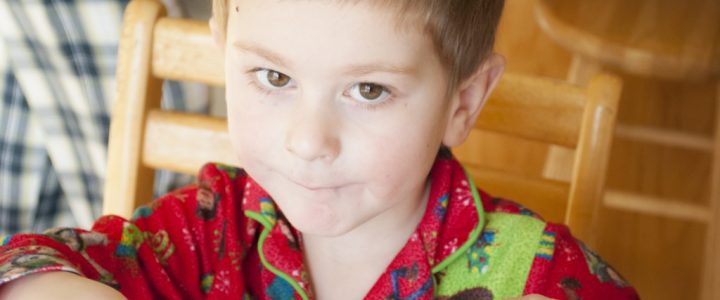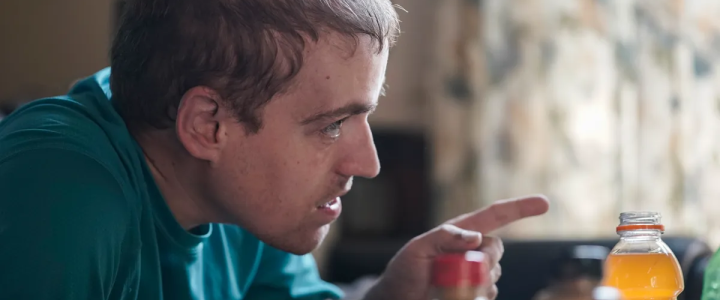Experience the revival of arbaclofen as Allos Pharma Inc launches a new development program, providing renewed hope for the Fragile X community. Discover the impact of this experimental drug and the determination of those who never gave up.
Read moreSearch Results
Allos Pharma Advances Phase 3 Clinical Trial Design for Potential Fragile X Syndrome Treatment, Arbaclofen
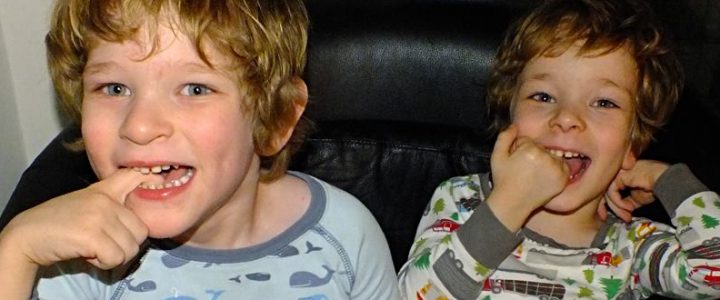
Discover Allos Pharma’s advancements in a pivotal Phase 3 trial for Fragile X syndrome treatment, Arbaclofen. Learn how their FDA-informed trial design might finally bring hope to the Fragile X community.
Read morePharmacological Tolerance in the Treatment of Fragile X Syndrome
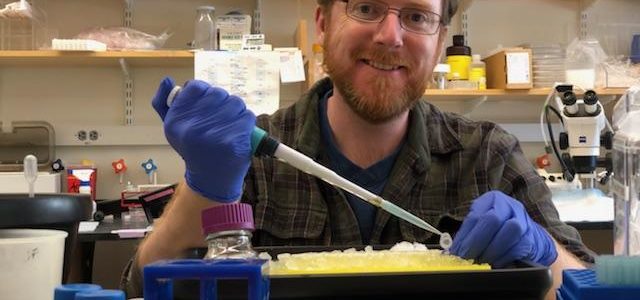
With a $90,000 grant from FRAXA Research Foundation over 2018-2019, Dr. Patrick McCamphill, postdoctoral fellow in Dr. Mark Bear’s lab at Massachusetts Institute of Technology (MIT), is investigating drug tolerance to mGluR5 antagonists, arbaclofen, and other potential Fragile X treatments. He is also exploring ways to overcome it.
Read morePhase 2b Clinical Trial of Arbaclofen in Autism Has Disappointing Results
Phase 2b clinical trial of Arbaclofen in Autism Seaside Therapeutics reports the study did not show improvement on the primary endpoint of social withdrawal, but it did demonstrate improvement on the Clinical Global Impression of Severity scale.
Read moreDeveloping Arbaclofen for Fragile X – Dr. Mark Bear 1:1 with FRAXA

Seven years ago, arbaclofen (STX209) was pulled from development, disappointing families around the US. Now MIT professor and FRAXA Investigator Dr. Mark Bear has founded Allos Pharma to bring it back. Dr. Bear sat down with FRAXA co-founder Katie Clapp to share the story and next steps.
Read moreWhy Did Fragile X Clinical Trials of mGluR Antagonists Fail?

by Michael Tranfaglia, MD. In my opinion, the Fragile X clinical trials of AFQ056 sponsored by Novartis failed because of a dose range that was inadequate for Fragile X, and because of the unexpected development of tolerance.
Read moreRepurposing Available Drugs to Treat Fragile X Syndrome – FRAXA Initiatives
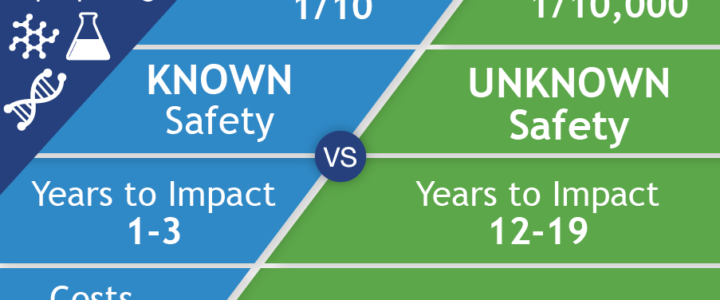
FRAXA Research Foundation was founded in 1994 to fund biomedical research aimed at finding a cure for Fragile X syndrome and, ultimately, autism. We prioritize translational research with the potential to lead to improved treatments for Fragile X in the near term. Our early efforts involved supporting a great deal of basic neuroscience to understand the cause of Fragile X. By 1996, these efforts had already begun to yield results useful for drug repurposing. To date, FRAXA has funded well over $25 million in research, with over $3 million of that for repurposing existing drugs for Fragile X.
Read moreContribution of Microglia to the Therapeutic Effects of Metformin and Adiponectin in Fragile X Syndrome
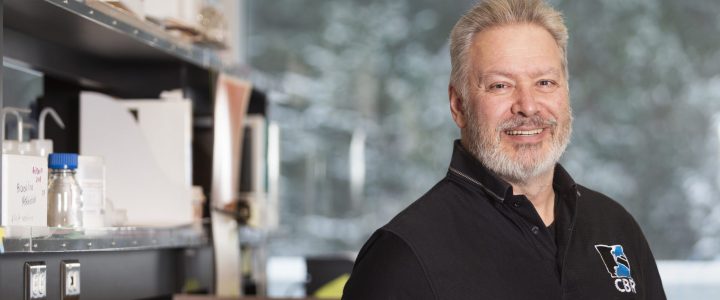
The research team of Brian Christie, PhD and Marie-Eve Tremblay is developing ways to balance hormones, including drugs like metformin and changes in diet, which could not only reduce hunger and obesity, but ultimately also improve learning and behavior in Fragile X syndrome.
Read moreClinical Trials in Fragile X Syndrome
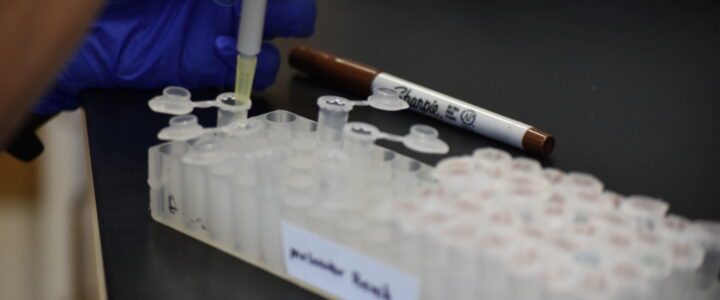
Explore the journey through Fragile X syndrome clinical trials, guided by the heartfelt perspectives of mothers Holly Roos and Katie Clapp. Understand how participation, which is free and adjustable, advances research and paves the way for FDA-approved treatments.
Read moreFragile X Syndrome Research & Treatment • FRAXA Research Foundation – Finding a Cure for Fragile X
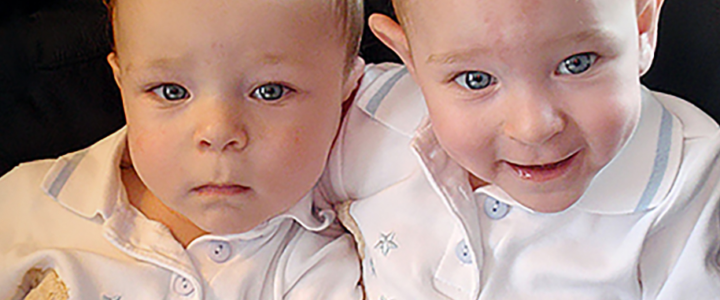
FRAXA Research Foundation’s mission is to find effective treatments and ultimately a cure for Fragile X syndrome. Fragile X syndrome is the most common inherited cause of autism and intellectual disabilities. We directly fund research grants and fellowships at top universities around the world. We partner with biomedical and pharmaceutical companies, large and small, to bridge the gap between research discoveries and actual treatments.
Read moreMark Bear’s Goal: Disease-Modifying Treatments for Fragile X
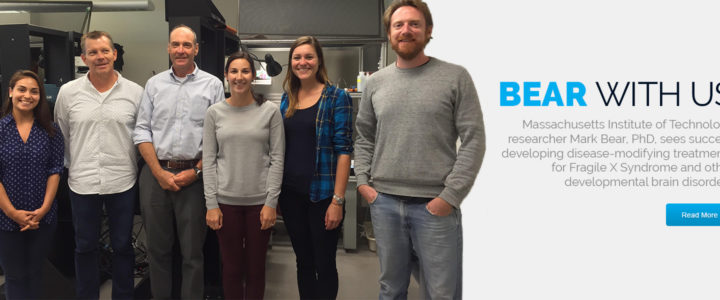
Researcher Mark Bear, PhD, Picower Professor of Neuroscience, sees success developing disease-modifying treatments for Fragile X syndrome and other developmental brain disorders. Finally, hope. And it comes from his lab, The Picower Institute for Learning and Memory, Department of Brain and Cognitive Sciences, Massachusetts Institute of Technology.
Read moreClinical Trials FAQ ← Frequently Asked Questions
Question: How Do Families Decide Which Trial is Best for Them? Answer: Each of the trials has different requirements for joining, so many – if not most – people will only be eligible for one trial after screening. The best way to approach this is to call the clinic contact closest to your area and discuss this with him/her. Age, weight, current medications, behavior, and IQ are all factors.
Read moreAberrant Behavior Checklist in Fragile X Syndrome
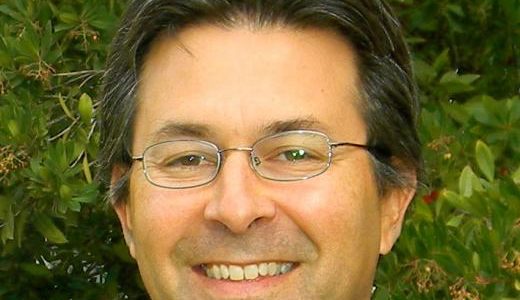
With a $10,000 grant from FRAXA Research Foundation, Dr. Hessl at the University of California at Davis led a collaborative study to analyze the Aberrant Behavior Checklist (ABC) as an outcome measure for children and adults with Fragile X syndrome. Results published.
Read more20 Years of Advancing Fragile X Research: Progress Toward a Cure
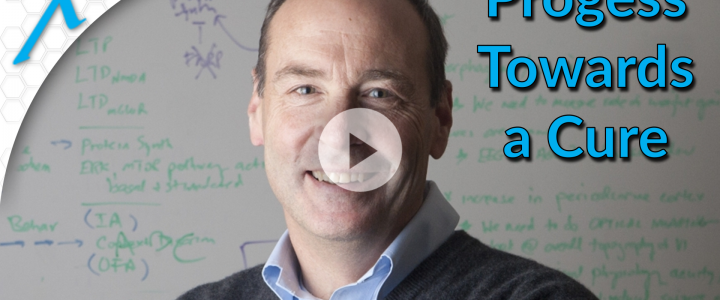
Dr. Mark Bear joined the Fragile X field in 1999 when he received a research grant from FRAXA Research Foundation. At the time, we recognized the symptoms of Fragile X, and we knew its cause: a single missing protein. But we knew very little else. Dr. Bear traces the discoveries that now give us great optimism of finding effective treatments and ultimately a cure for Fragile X.
Read more3 Researchers Honored at FRAXA Investigators Meeting
Over 150 scientists from around the globe gathered in Durham, New Hampshire, for FRAXA Research Foundation’s Investigators Meeting on September 21-24, 2008. They came from Australia, Canada, India, Turkey, the U.S., and eight European countries. Their common goal: “to share, collaborate and publish,” in the words of FRAXA’s Medical Director, Michael Tranfaglia, MD, to find effective treatments and a cure for Fragile X, the foremost inherited cause of mental retardation and autism. Most of the attendees were university-based professors, postdoctoral fellows, and graduate students who have FRAXA research grants. Also participating in the meeting were scientists from the National Institutes of Health (NIMH, NICHD, and NINDS), Neuropharm Group PLC, Hoffman LaRoche Inc., GlaxoSmithKline, Indevus, and Seaside Therapeutics, as well as 20 parents of Fragile X children.
Read moreFRAXA Contributes $10,000 to NIH grant to Seaside Therapeutics

Randy Carpenter, MD Principal Investigator with Mark Bear, PhD, MIT Co-Investigator (2007) conducted a clinical development of mGluR5 antagonists to treat Fragile X Syndrome and Autism. Seaside Therapeutics received a major grant from the NIH, with additional funding from FRAXA and Cure Autism Now (CAN) to develop STX107, a selective mGluR5 antagonist, as a treatment for Fragile X. Unfortunately, Seaside has since discontinued development of STX107.
Read moreNPR, “Progress Made On Drug For Autism Symptoms”

An experimental drug that helps people who have Fragile X syndrome is raising hopes of a treatment for autism. The drug, called arbaclofen, made people with Fragile X syndrome less likely to avoid social interactions, according to a newly published study. Researchers suspect it might do the same for people with autism.
Read more
